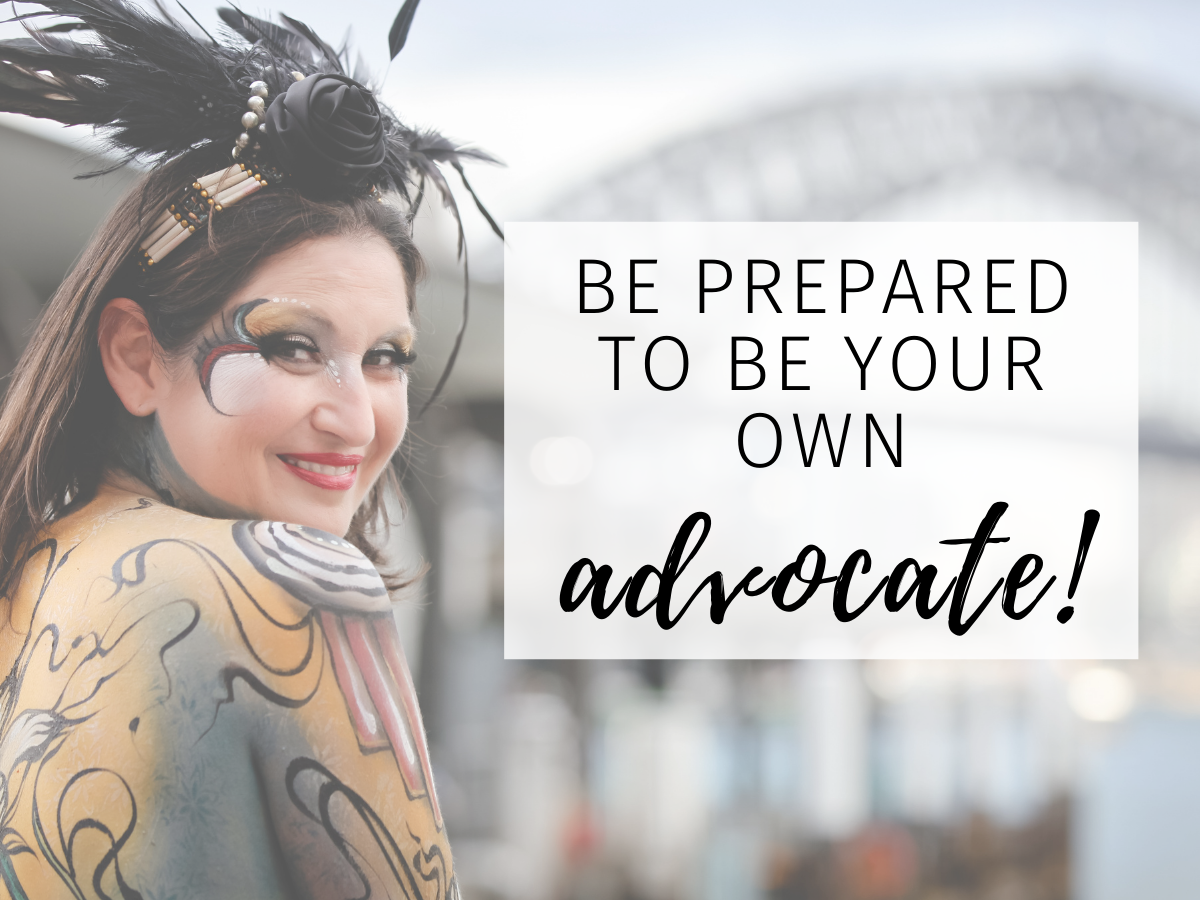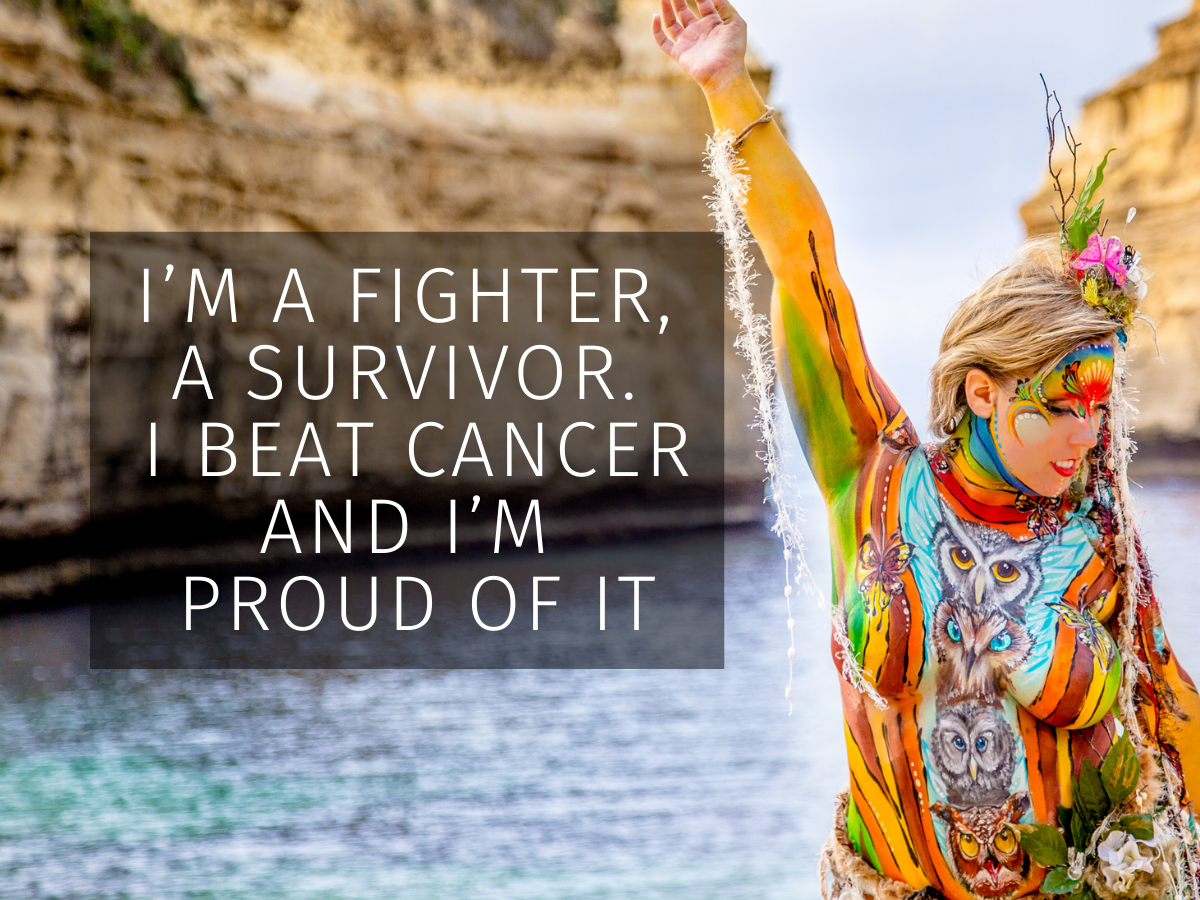DIAGNOSIS, TREATMENT AND SUPPORT
DIAGNOSIS, TREATMENT AND SUPPORT
We are here to support you
From diagnosis, through treatment and beyond!
We are here to support you
From diagnosis, through treatment and beyond!
Getting your diagnosis

Detect
If you find a change, book in with a GP as early as possible to get a referral for imaging. Imaging is especially vital if you think the change might have been there for more than 4 weeks.

Follow Up
If your imaging is clear, great! But make a plan with your doctor to follow up the change you presented with and return earlier if you notice further changes.

Family
Find out about your family history of breast and ovarian cancer. Talk to your GP about when YOU should start breast screening based on your families history.
Detect
Early detection saves lives, learn more about how to detect changes and be #breastaware.
Tips on seeing your doctor with a breast change:
Knowing what your doctor might ask can improve your confidence and communication, helping them help you! Take a friend or family member for support and to help you through the consult, especially if you are anxious. Try to see a doctor you feel comfortable with, who you know takes your concerns seriously and communicates well.
Your doctor will want to know about the breast change & examine you:
What does it feel like to you? How long has it been there? Does it change with your period cycle? Have you had any breast problems or surgery in the past?
Where is it?
Hint: mark it with a pen at home if it is hard to find, and remember what position you find it in.
Tell them your family breast/ovarian cancer history:
Draw a family tree and think about mothers, sisters, grandmothers, aunts and cousins. Which had what cancer? What age did they get it? Did they die from it? If in doubt, bring what information you have!
What if the doctor can’t find the change? Ask for imaging!
We have learnt that women can find changes in their breasts much earlier than doctors can. We know our bodies, what is normal for us, and have feeling from the breast itself, not just from our fingers feeling the change. Imaging is much more sensitive & reliable than clinical examination by a doctor. If you have found a change that is present for 4 weeks or longer, it is entirely reasonable to ask for imaging if your doctor hasn’t offered this option to you.
Pregnancy:
Breasts naturally change quite a lot during pregnancy, but it is important to keep up with your own breast checks. Pregnancy is a time of high oestrogen which can feed the growth of some types of breast cancer in young women. If you have concerns, you can ask your GP for an ultrasound without any harm to your baby.
Breastfeeding:
Breast feeding mothers can get mastitis, a painful infection of breast tissue that needs treatment with antibiotics. If you have had mastitis and the antibiotics have not worked, ask your doctor for an ultrasound to confirm the diagnosis, as you could have a pocket of infection that needs specialist treatment, or you could have a less common ‘inflammatory breast cancer” that can look like mastitis.
Follow Up
It is important to make arrangements with your doctor to follow up on breast changes that have been found to be non-cancerous on imaging. You might need to consider more imaging in 3, 6 or 12 months, to make sure everything is still healthy and normal. If you notice more changes earlier than planned follow up, return to your GP earlier!
BREAST CANCER IS THE MOST COMMONLY DIAGNOSED CANCER IN WOMEN AGED 20-39.
Almost 1000 Australian women under 40 are diagnosed each year.
Early detection of breast cancer increases the chances of successful treatment and ultimately, survival.
Family
What does all this mean?
Imaging: Breast imaging can include mammogram (x-ray) ultrasound (sound waves) and MRI (the clearest most detailed type of breast picture taken using a large magnet).
Biopsy: A small piece of breast tissue being taken to investigate a breast change.
Screening: Imaging that is done regularly to detect a breast cancer before there are symptoms. Most women will start ‘Breast Screen’ at age 40-50, but women with a family history may need to start earlier.
You can find out more information about breast cancer diagnosis at:
National Breast Cancer Foundation: Breast Cancer Detection and Awareness
Cancer Australia: How is Breast Cancer Diagnosed
Breast Cancer Network Australia: New Diagnosis
Detect
Early detection saves lives, learn more about how to detect changes and be #breastaware.
Tips on seeing your doctor with a breast change:
Knowing what your doctor might ask can improve your confidence and communication, helping them help you! Take a friend or family member for support and to help you through the consult, especially if you are anxious. Try to see a doctor you feel comfortable with, who you know takes your concerns seriously and communicates well.
Your doctor will want to know about the breast change & examine you:
What does it feel like to you? How long has it been there? Does it change with your period cycle? Have you had any breast problems or surgery in the past?
Where is it?
Hint: mark it with a pen at home if it is hard to find, and remember what position you find it in.
Tell them your family breast/ovarian cancer history:
Draw a family tree and think about mothers, sisters, grandmothers, aunts and cousins. Which had what cancer? What age did they get it? Did they die from it? If in doubt, bring what information you have!
What if the doctor can’t find the change? Ask for imaging!
We have learnt that women can find changes in their breasts much earlier than doctors can. We know our bodies, what is normal for us, and have feeling from the breast itself, not just from our fingers feeling the change. Imaging is much more sensitive & reliable than clinical examination by a doctor. If you have found a change that is present for 4 weeks or longer, it is entirely reasonable to ask for imaging if your doctor hasn’t offered this option to you.
Pregnancy:
Breasts naturally change quite a lot during pregnancy, but it is important to keep up with your own breast checks. Pregnancy is a time of high oestrogen which can feed the growth of some types of breast cancer in young women. If you have concerns, you can ask your GP for an ultrasound without any harm to your baby.
Breastfeeding:
Breast feeding mothers can get mastitis, a painful infection of breast tissue that needs treatment with antibiotics. If you have had mastitis and the antibiotics have not worked, ask your doctor for an ultrasound to confirm the diagnosis, as you could have a pocket of infection that needs specialist treatment, or you could have a less common ‘inflammatory breast cancer” that can look like mastitis.
Follow Up
It is important to make arrangements with your doctor to follow up on breast changes that have been found to be non-cancerous on imaging. You might need to consider more imaging in 3, 6 or 12 months, to make sure everything is still healthy and normal. If you notice more changes earlier than planned follow up, return to your GP earlier!
BREAST CANCER IS THE MOST COMMONLY DIAGNOSED CANCER IN WOMEN AGED 20-39.
Almost 1000 Australian women under 40 are diagnosed each year.
Early detection of breast cancer increases the chances of successful treatment and ultimately, survival.
Family
What does all this mean?
Imaging: Breast imaging can include mammogram (x-ray) ultrasound (sound waves) and MRI (the clearest most detailed type of breast picture taken using a large magnet).
Biopsy: A small piece of breast tissue being taken to investigate a breast change.
Screening: Imaging that is done regularly to detect a breast cancer before there are symptoms. Most women will start ‘Breast Screen’ at age 40-50, but women with a family history may need to start earlier.
You can find out more information about breast cancer diagnosis at:
National Breast Cancer Foundation: Breast Cancer Detection and Awareness


Treatment after diagnosis
It is normal to feel overwhelmed, shocked, upset, anxious, angry and lost after finding out you have breast cancer. Your doctor will be able to talk with you about your treatment options, but don’t hesitate to reach out to family, friends and support groups to get as much information as you need.
We are also here to support you. If you would like to connect with other young women who have been diagnosed with breast cancer join our So Brave Connect Group. (Link to So Brave Connect.)
The types of treatment will be specific to your situation and your doctor will be able to help you decide the right course for you.
Types of treatment include:
-
- Breast conserving surgery
- Mastectomy
- Radiation therapy
- Chemotherapy
- Hormone treatment
To read more information about treatments visit:

HOW WE SUPPORT YOUNG SURVIVORS
HOW WE SUPPORT YOUNG SURVIVORS
So Brave also provides empowerment, community and connection for young women diagnosed with breast cancer throughout their diagnosis and beyond, which gives them the courage to share their stories.
We do things differently. Our So Brave Ambassador program has become a powerful means for our young women to do this through artistic expression, as has our online community, So Brave CONNECT.
Were you diagnosed with breast cancer under the age of 40?

Looking for other kinds of support?
So Brave recognises the other incredible breast cancer services, support and programs in the community to ensure women and their families to get the support they need.
Find a McGrath Breast Care Nurse]
McGrath Breast Care Nurses can support you from diagnosis, and throughout your treatment.
https://www.mcgrathfoundation.com.au/get-support/find-a-nurse/
Breast Cancer Network Australia Helpline
BCNA’s Helpline is a free and confidential telephone service for women and men diagnosed with breast cancer, and their family and friends.
1800 500 258
https://www.bcna.org.au/understanding-breast-cancer/bcna-helpline/
Breast Cancer Network Australia Support
Find services, government programs, and support groups near you.
Cancer Council Helpline
Free, confidential information and support service.
131120
https://www.cancer.org.au/support-and-services/cancer-council-13-11-20
Canteen
Support for young people dealing with your own or a close family member’s cancer.
Beyond Blue Helpline
Get immediate mental wellbeing support.
1300 22 4636
https://www.beyondblue.org.au/get-support/get-immediate-support

